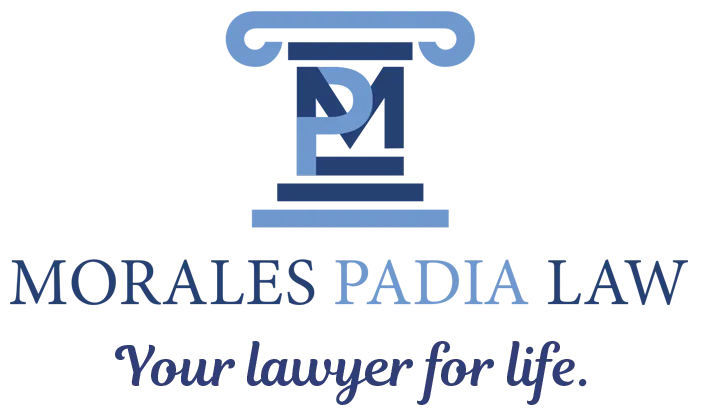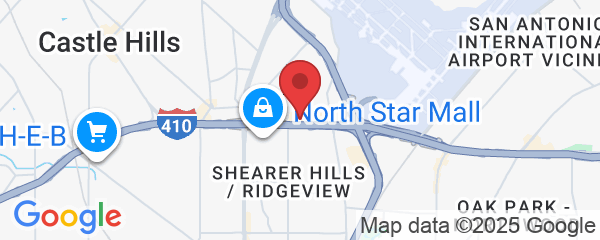Juvenile Defense
Protecting Young Lives and Future Opportunities
Understanding Juvenile Defense
Juvenile defense focuses on representing minors (typically under 17 years old) who are accused of criminal offenses. The juvenile justice system is designed to rehabilitate rather than punish, but the consequences can still be severe and long-lasting. Our experienced criminal defense attorneys understand the unique challenges facing young people and work tirelessly to protect their rights and futures.
Juvenile vs. Adult Court
Key Differences Between Systems
Understanding how juvenile court differs from adult criminal court
Common Juvenile Offenses
Status Offenses
Behaviors that are only illegal because of the person's age. These are not crimes when committed by adults but can result in juvenile court involvement.
- Truancy (skipping school)
- Running away from home
- Underage drinking
- Curfew violations
Property Crimes
Offenses involving theft, damage, or unauthorized use of someone else's property. These can range from minor infractions to serious felonies.
- Shoplifting
- Vandalism
- Burglary
- Auto theft
Drug Offenses
Charges related to illegal substances, including possession, distribution, or being under the influence. These cases often involve substance abuse treatment options.
- Marijuana possession
- Prescription drug abuse
- Drug paraphernalia
- Distribution charges
Violent Offenses
Serious charges involving harm or threats to others. These cases may result in certification to adult court for the most severe offenses.
- Assault
- Fighting at school
- Robbery
- Weapons charges
School-Related Offenses
Violations that occur on school property or during school activities. These often involve both school discipline and potential juvenile court proceedings.
- Disrupting class
- Weapons on campus
- Bullying or harassment
- Drug possession at school
Traffic & Vehicle Offenses
Motor vehicle violations committed by minors, which can result in license suspension and other consequences affecting future driving privileges.
- Driving without a license
- Reckless driving
- Hit and run
- DUI/DWI (minors)
The Juvenile Justice Process
Referral & Intake
Law enforcement, schools, or parents can refer a juvenile to the court system. Intake officers review the case and determine whether formal proceedings are necessary.
Detention Hearing
If the juvenile is detained, a hearing must be held within 48 hours (excluding weekends) to determine if continued detention is necessary.
Petition Filing
If formal action is taken, a petition is filed outlining the allegations against the juvenile. This begins the formal court process.
Adjudication Hearing
Similar to a trial in adult court, this hearing determines whether the juvenile committed the alleged offense. Evidence is presented and witnesses testify.
Disposition Hearing
If the juvenile is found to have committed the offense, this hearing determines the appropriate consequences and treatment plan.
Supervision & Follow-up
Ongoing supervision, treatment, and compliance monitoring to ensure the juvenile meets all court-ordered requirements and conditions.
How We Protect Young Clients
Rights Protection
Ensuring all constitutional rights are respected throughout the process, including protection from illegal searches and self-incrimination.
Family Involvement
Working closely with parents and families to develop comprehensive defense strategies and support systems for the juvenile.
Educational Advocacy
Protecting the juvenile's right to education and working to minimize school-related consequences and disciplinary actions.
Treatment Focus
Advocating for treatment and rehabilitation options rather than punitive measures, addressing underlying issues that led to the offense.
Record Protection
Working to keep juvenile records confidential and sealed to protect future educational and employment opportunities.
Alternative Dispositions
Negotiating for alternative consequences like community service, counseling, or diversion programs instead of detention.
Potential Long-Term Consequences
While juvenile records are generally confidential, some consequences can still affect a young person's future opportunities in education, employment, and other areas.
-
Educational Impact: School disciplinary actions, suspension, or expulsion that can affect academic progress and graduation.
-
Driving Privileges: License suspension or restrictions that can impact independence and future employment opportunities.
-
College Applications: Some colleges may ask about disciplinary history, potentially affecting admission and financial aid eligibility.
-
Employment Background: Certain employers may have access to juvenile records, especially for positions involving minors or sensitive areas.
-
Military Service: Military branches may consider juvenile history during enlistment and security clearance processes.
-
Professional Licensing: Some professional licenses may be affected by juvenile adjudications, particularly in healthcare and education fields.
Protect Your Child's Future
When your child faces juvenile charges, their entire future is at stake. Don't navigate the juvenile justice system alone. Our experienced criminal defense attorneys at Morales Padia Law understand the unique challenges facing young people and will fight to protect their rights, reputation, and future opportunities.
Get Help NowRelated Criminal Defense Services
Want to work with us?
Estate planning can be complex, but you don’t have to navigate it alone. Our experienced attorneys at Morales Padia Law are here to guide you through every step of the process, ensuring your assets are protected and your family’s future is secure. If you’re ready to take the next step in securing your legacy, contact us today to schedule a consultation.


Instagram
Facebook
Youtube
LinkedIn
TikTok